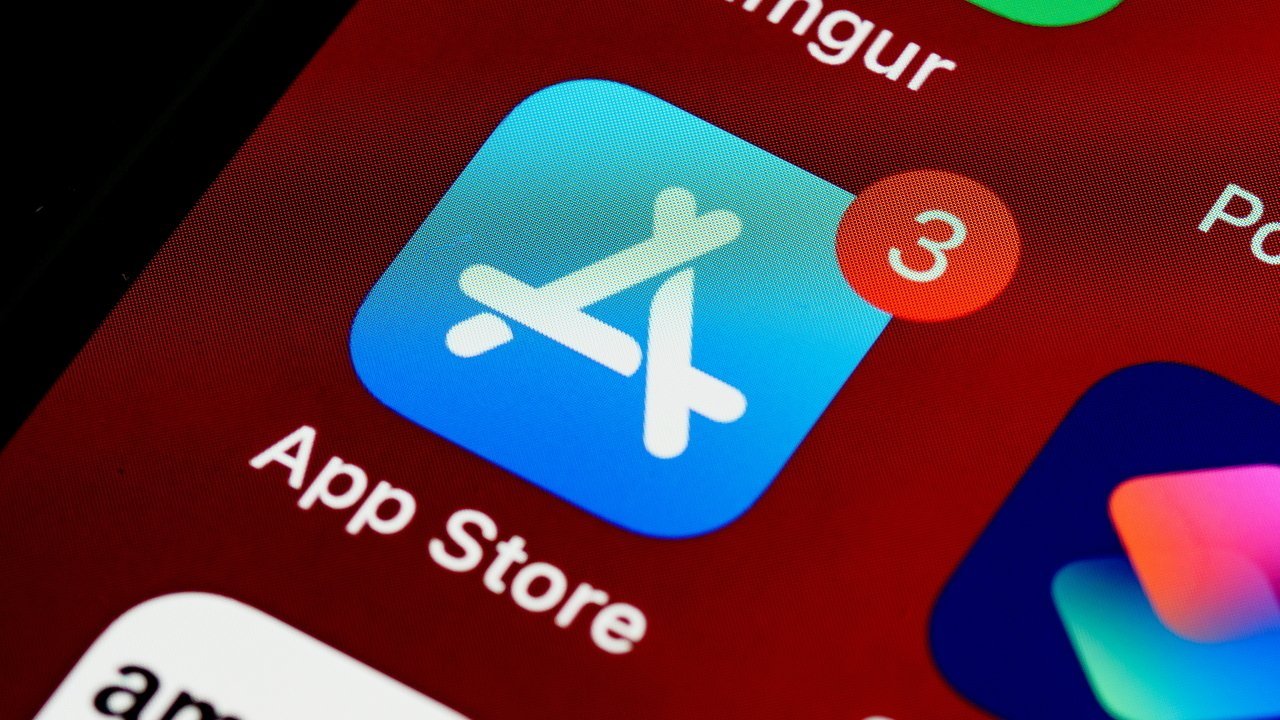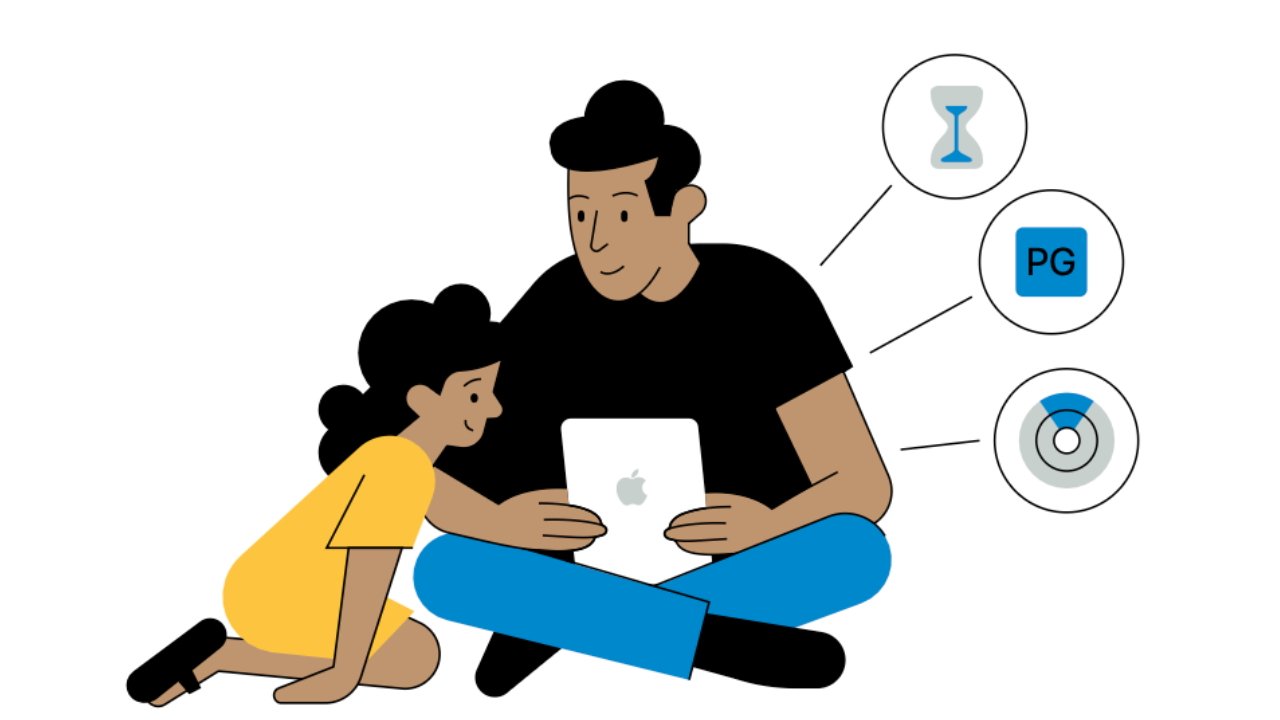Meta, Spotify lobby to pass the buck on age verification to Apple and Google
Fearing regulation and the need for costly new systems verifying the age of users, Meta and Spotify are among a group lobbying Washington to have Apple and Google deal with it for them.

App Store icon
In March 2025, Utah became the first state to require Apple and others to add age verification. That legal requirement is explicitly directed at Google and Apple, rather than any third-party app developers.
Plus Apple has already announced and begun implementing a series of age verification-related steps for iOS. This again sees the burden falling on Apple.
But according to Bloomberg, Apple's public plans and Utah's new law, are not enough for Meta, Spotify, or online dating firm Match Group. They are the founding firms in "The Coalition for a Competitive Mobile Experience," which will lobby to ensure it's Apple and Google who block minors from downloading inappropriate apps.
"What these founding companies share in common is they rely on the mobile ecosystem in order to serve their customers," Brandon Kressin, director of the coalition said. "They each recognize there's power in numbers, especially when going up against companies as powerful as the duopoly."
Responding to the issue both of Utah already have an age-verification law, and the Senate being expected to introduce similar legislation, Kressin said this all helps.
"Having a bill in place matters a lot, something to debate and have a discussion around," Kressin said about the upcoming age verification fight. "Hopefully there will be a path forward this year."
Alongside the age verification issue, Kressin says that the coalition will also lobby against Apple and Google's alleged anti-competition practices. "There's a lot of opportunities for us to talk to enforcers," he added.
Apple's announced age verification, or age assurance, feature is rolling out in stages that will be complete by the end of 2025. They include a new Declared Age Range API, whereby app developers can request confirmation of a user's age, before turning on or off appropriate filters.
This does mean that developers will need to revise their apps to request that detail. But it still leaves the burden of proof on Apple and Google, who will also have to deal with the legal vulnerability.
Neither Apple nor Google have commented.

Detail from Apple's child protection white paper -- image credit: Apple
Prior to the new lobbying consortium, and prior to Apple's announcements, there was criticism of how easily minors could access inappropriate materials. In December 2024, the Heat Initiative and ParentsTogether claimed that Apple's previous age rating system was letting "entire categories of potential harm" onto the App Store.
Earlier in 2024, Apple reportedly helped kill a child online safety bill, because it recommended placing age verification on its shoulders.
Apple seemingly achieved its aim then of neutering a bill, but has subsequently accepted the role of age gatekeeper. Meta, Spotify, and the Match Group's new lobbying appears to be aimed more at Apple's previous stance, then its new compliance.
Read on AppleInsider

Comments
but actually a Trojan horse to attack how the App Store is set up.
Epic and Qualcomm seem to have better junkyard dog lawyers than Apple, it seems the more outrageous the argument the better chance you have at being successful, I still can’t get over the disconnect between digital and physical stores with a digital store if you for one moment, let in any outside developers at a near free price you forfeit control over your own store, probably explains why Sony and Nintendo keep it closed and charge big bucks to be let in. Be careful, Apple or anyone creating any new ecosystems with hardware and software in the future because in the New World in time, you’ll be expected to provide the infrastructure for free (EU style) if you have any type of success.
Apple/Google will, or course, be required to provide age verification for these devices and platforms as well, via a service that the various web sites must call out to when a new user subscribes. After all, Google has a monopoly on the internet, so it should be simple for them. No cost or pain at all. /s